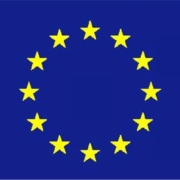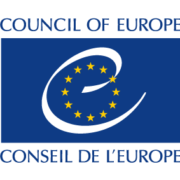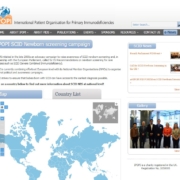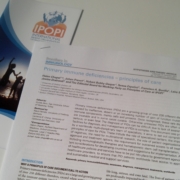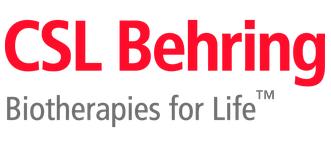https://ipopi.org/wp-content/uploads/2017/07/EMA-logo.jpg
72
380
IPOPI
https://ipopi.org/wp-content/uploads/2017/06/LOGO.svg
IPOPI2015-05-07 21:53:452017-07-04 21:55:35Marketing application for new ADA-SCID gene therapy submitted to EMA
https://ipopi.org/wp-content/uploads/2017/07/EU-Logo.jpg
474
726
IPOPI
https://ipopi.org/wp-content/uploads/2017/06/LOGO.svg
IPOPI2015-05-05 21:55:592017-07-04 21:58:29EU-wide overview of the market of blood, blood components and plasma derivatives
https://ipopi.org/wp-content/uploads/2017/07/COE-Logo-Quadri.png
283
354
IPOPI
https://ipopi.org/wp-content/uploads/2017/06/LOGO.svg
IPOPI2015-04-21 21:58:522017-07-04 22:01:26Council of Europe adopts Resolution on Principles of Immunoglobulin Therapies for PIDs
https://ipopi.org/wp-content/uploads/2017/07/SCID-page-1.jpg
767
862
IPOPI
https://ipopi.org/wp-content/uploads/2017/06/LOGO.svg
IPOPI2015-03-24 22:02:442017-07-04 22:04:46New SCID website page
https://ipopi.org/wp-content/uploads/2017/07/Principles-of-care.jpg
2179
2448
IPOPI
https://ipopi.org/wp-content/uploads/2017/06/LOGO.svg
IPOPI2015-03-03 05:42:502017-07-05 05:44:37Publication of PIDs Principles of Care

